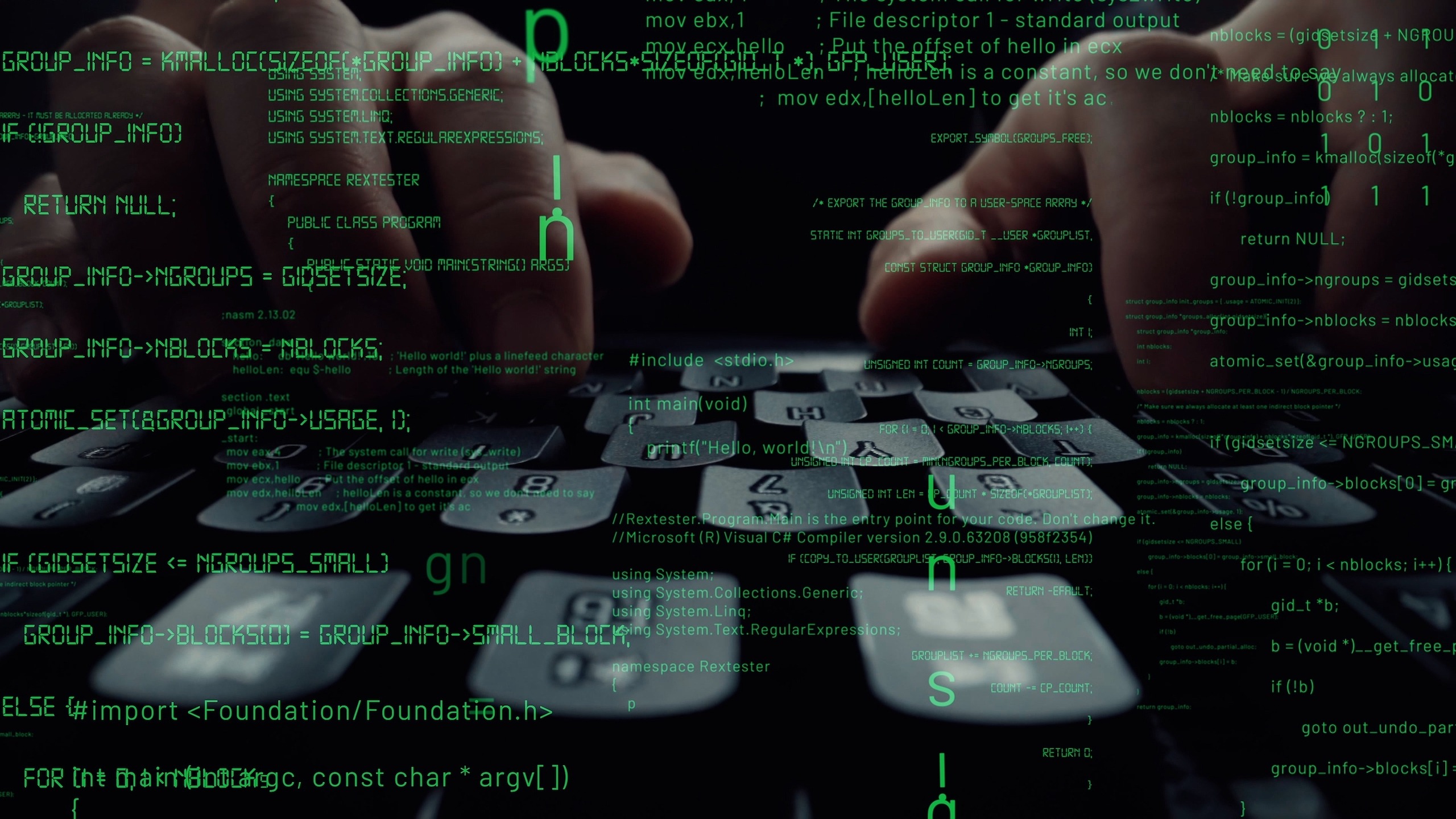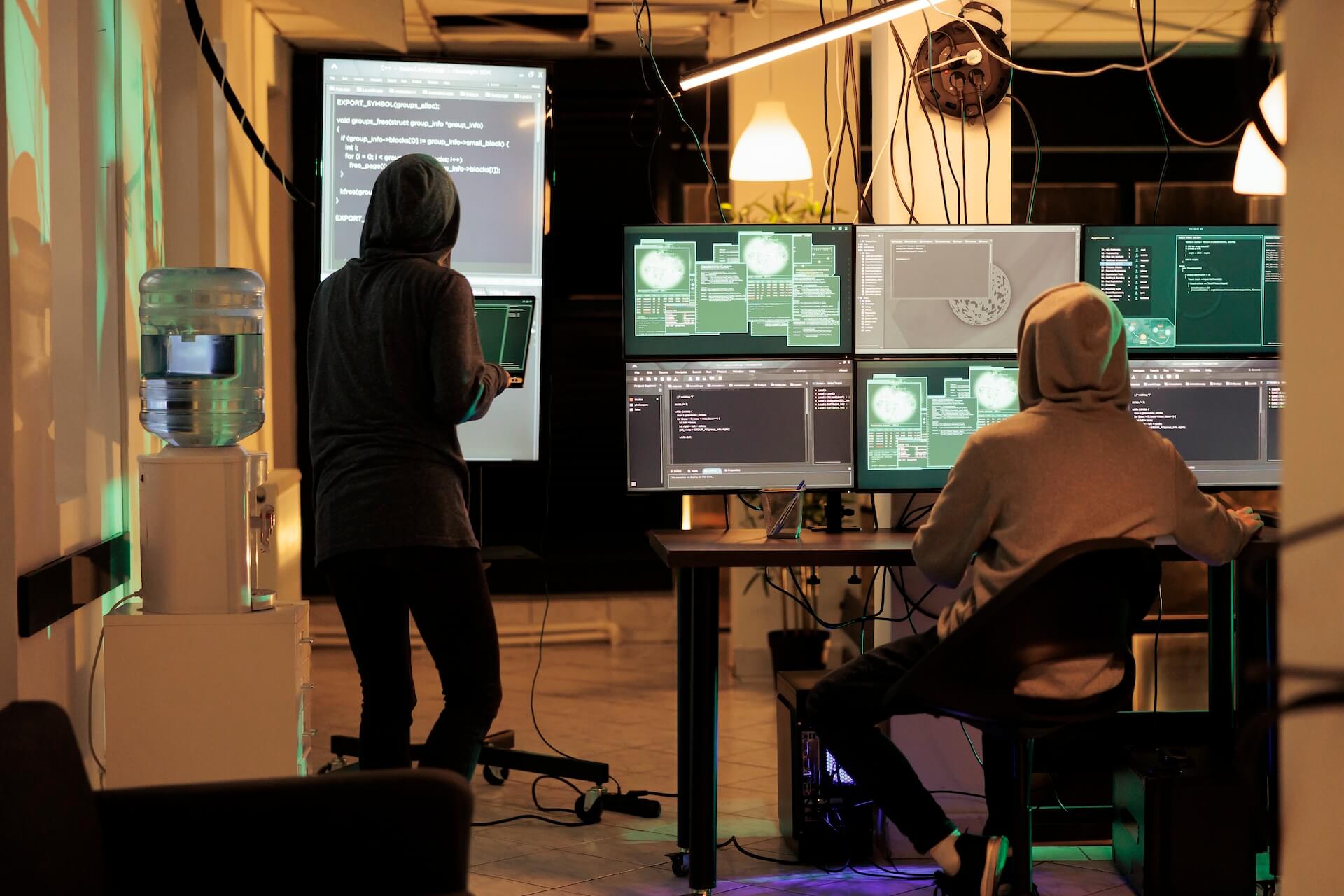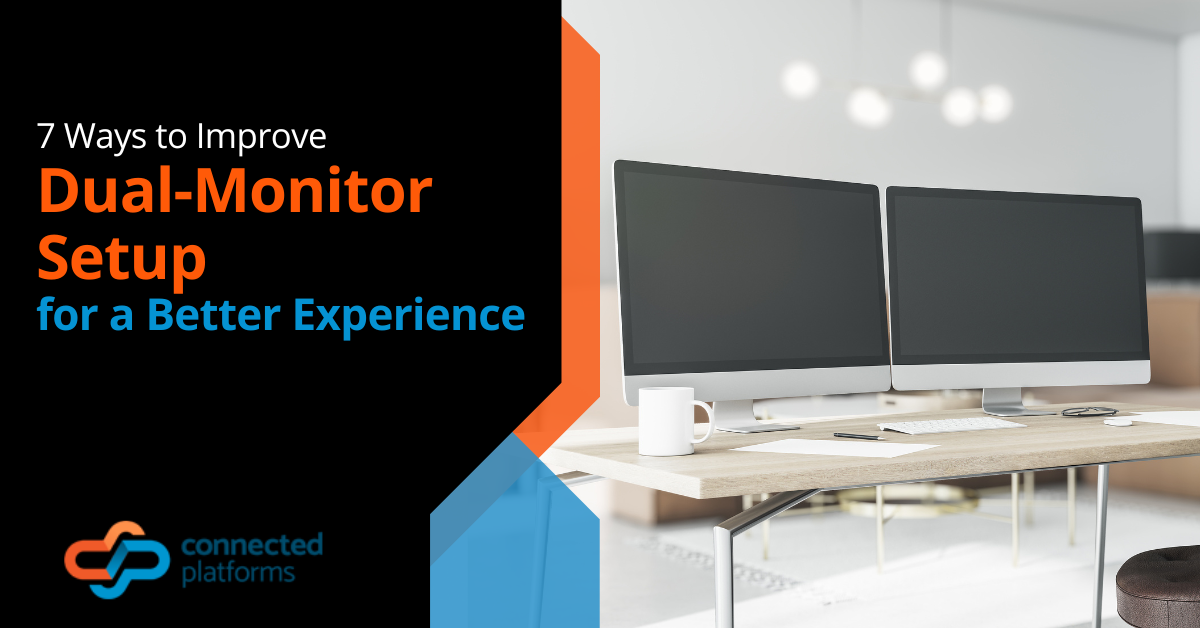If you’re an employer that’s worried about your employees’ productivity levels while working from home, you’re not alone. Recent research indicates that staff oversight and productivity management are the biggest remote working concerns for Australian employers.
Undoubtedly, managing employee performance from afar is challenging. When we were in the office, it was easy for managers to see who was working hard, struggling, or taking long lunch breaks.
With employees working from home for the foreseeable future, organisations have lost this much-needed visibility. This makes it more difficult to spread work evenly and ensure employees are productive.
Enter Bossware; a type of surveillance software that enables employers to keep track of employee performance as they work from home. While Bossware isn’t new, its usage soared during the pandemic. Express VPN research found that 75% of businesses used some form of Bossware to monitor employee performance over the last 12 months.
Below, we’ll dive into what Bossware is, the pros and cons, and how to deploy it safely in your organisation.
What is Bossware?
While Bossware might sound like a piece of malicious software, it’s actually meant to be a positive tool that helps organisations. Essentially, Bossware is a type of software that you can install on your employees’ devices.
The software tracks and records your employees’ performance to see what they’re up to, how hard they’re working, and what they are working on.
Some of the specific functionalities of this type of software include:
- Being able to see what applications and websites your employees interact with
- How long employees are online for, and how often they are away from their desks
- What employees are typing on their laptops, including what they say in communication applications like Slack and Teams
To help you make sense of the data it produces, Bossware provides employers with an intuitive interface containing widgets that convert employee tracking data into insights about productivity levels.
While this can be great for giving employers peace of mind about employee working habits, Bossware isn’t without its critics. Some people think Bossware is a breach of privacy and liken it to an invasive surveillance tool.
Then, there are those advocates of Bossware, who believe it is a must-have tool for the age of remote work.
We want to give you a balanced view of this software so, below, we’ve listed out the pros and cons of Bossware:
Pros of Bossware
- Using employee monitoring tools can help managers to ensure workloads are being shared amongst employees equally
- Employee monitoring can help managers to see if an employee is struggling with their workload, so adjustments can be made
- Employees may work harder knowing they are being watched, reducing instances of slacking
- Monitoring employees encourages your people to adhere to workplace policies and use the Internet securely
Cons of Bossware
- Employees may be resistant to Bossware and think of it as a privacy violation
- If you don’t use Bossware ethically, you could violate data privacy laws
- Bossware might put pressure on employees to work longer hours than they should in a bid to perform
- If you have a Bring Your Own Device policy, your employees may disagree with having the software installed on their devices
Should I invest in Bossware?
Whether or not you invest in Bossware depends on your business’s unique circumstances. If you are concerned about employee productivity while remote working, then this tool can help to give you peace of mind.
On the flip side, if you feel your people have adapted well to remote working and productivity hasn’t suffered, then there’s likely no need to move forward with Bossware.
The main thing to ensure is that, if you do deploy Bossware, you install it ethically and fairly. You need to be transparent and clear with your employees about the tool to prevent backlash.
Here’s our top tips for deploying Bossware responsibly.
- Be transparent: Create a written policy explaining how the software will be used and what will be tracked to your employees. This policy should be reinforced with training and demo sessions, where you show your people exactly how the software works and what they should expect.
- Focus on the positives: Position Bossware as a tool that will create a positive standard in your organisation, rather than a surveillance tool
- Put rigorous measures in place: You should configure your solution to only keep tabs on employees during working hours and only monitor their usage of workplace applications.
Lastly, we want to note that there are other ways to boost employee productivity in the remote working world – without using Bossware. Our IT team are happy to discuss these options with you.
Empower your remote workers to perform at their best!
We can help your Brisbane business unlock the potential of technology to improve work-from-home productivity.
For managed IT services Brisbane wide, call us on (07) 3062 6932 or book an obligation-free coffee meeting with Eric to learn more about how we can help to take the hassle out of IT in your business.




